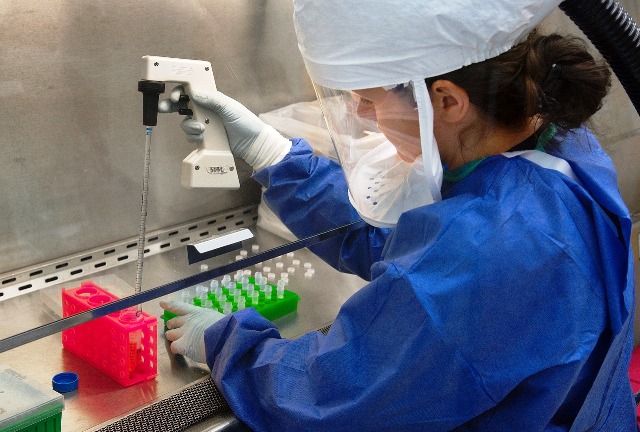According to the World Health Organisation (WHO), Antimicrobial resistance happens when microorganisms (such as bacteria, fungi, viruses, and parasites) change when they are exposed to antimicrobial drugs (such as antibiotics, antifungals, antivirals and antimalarials).
Microorganisms that develop antimicrobial resistance are sometimes referred to as “superbugs”. As a result, the medicines become ineffective and infections persist in the body, increasing the risk of spread to others. As bugs increasingly grow resistant, treating options are also becoming limited.
The cost of healthcare for patients with resistant infections is higher than care for patients with non-resistant infections due to longer duration of illness, additional tests and use of more expensive drugs.
Without effective antimicrobials for treatment of infections, risks during critical medical procedures such as cardiac implants, organ transplants, chemotherapy, diabetes management, caesarean birth deliveries and hip/knee replacements become very high. Coupled with the fact that the microorganisms causing such infections have also developed survival mechanisms, antibiotic resistance is likely to cause or directly contribute to around 20 lakh Indian patients dying of healthcare associated infections by 2050.
A report by the Centre for Disease Dynamics, Economics and Policy (CDDEP) 2015 on the State of the World’s Antibiotics has noted that 58,000 new-born babies died in the year 2013 in India due to drug-resistant infections.
“The Antimicrobial Stewardship (AMS) programme at Fortis Healthcare calls for rational and judicious use of life-saving antibiotics with the unconditional support of Fortis clinicians. The ultimate goal is to address the rising issue of anti-microbial resistance and overall purpose is to bring about a change in the antibiotic prescription patterns with focus on the safety of patients and the larger community,” said Dr Murali Chakravarthy, Chairman, Central Infection Prevention and Control Committee, Fortis Healthcare speaking at PANFORAnIC.
PANFORAnIC is the first combined meeting of Anaesthesiologists (PANFORA) and Infection Control (PANFORIC) teams from Fortis hospitals across India held on 9-10 March 2019 in New Delhi.
The primary objective was to discuss infection prevention and control, share knowledge on best practices and recent advances among specialties, taking priority measures and planning exchange training programmes.
It brought together specialists, clinicians, microbiologists, anaesthetists, nurses and other support groups to deliberate upon the challenges to successful outcomes around healthcare associated infections, effective strategies for their prevention and control, and some of the complex emerging problems like antibiotic resistance.
Identifying “Antibiotic Stewardship” as a major initiative being undertaken by Fortis control to spread awareness about appropriate use of antibiotics, participants called the advent of ‘super bugs’, or ‘antimicrobial resistance’, a critical public health issue requiring commitment and action from all stakeholders offering healthcare service delivery.


